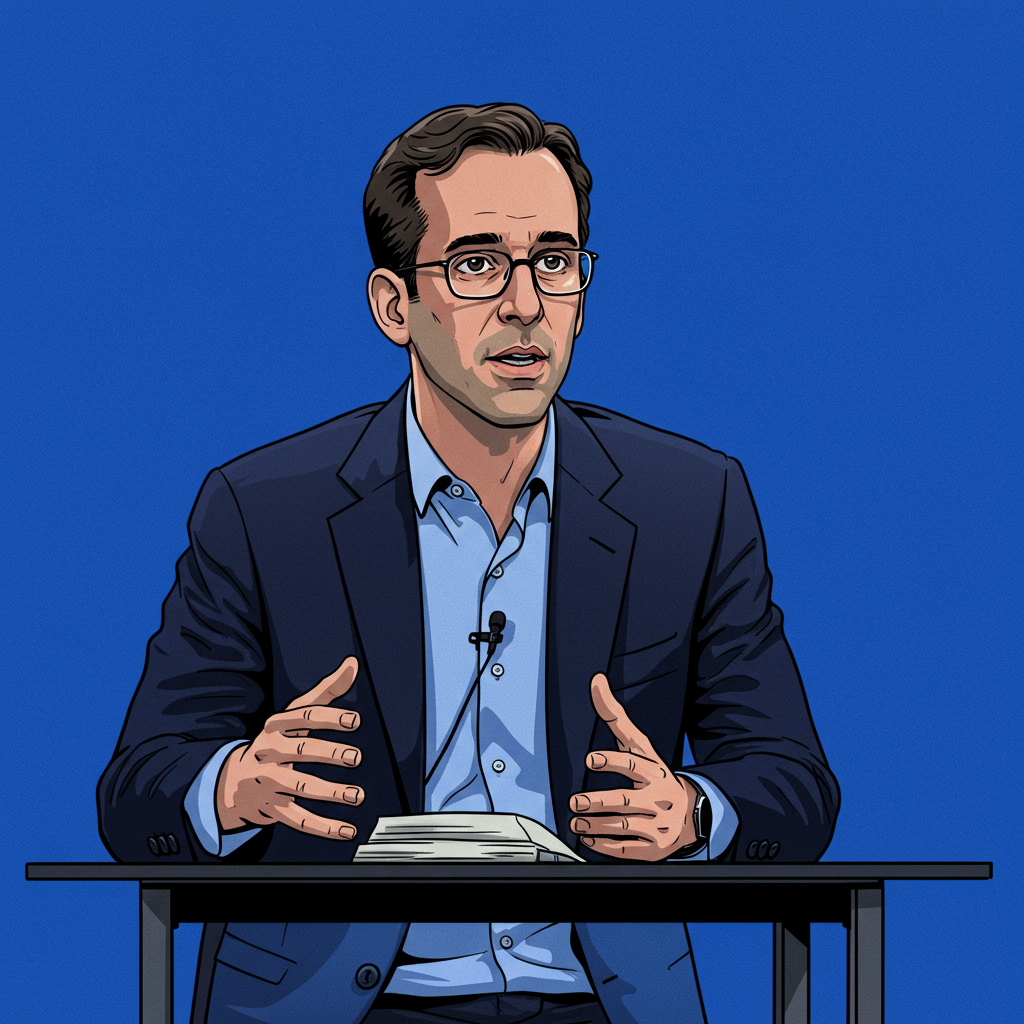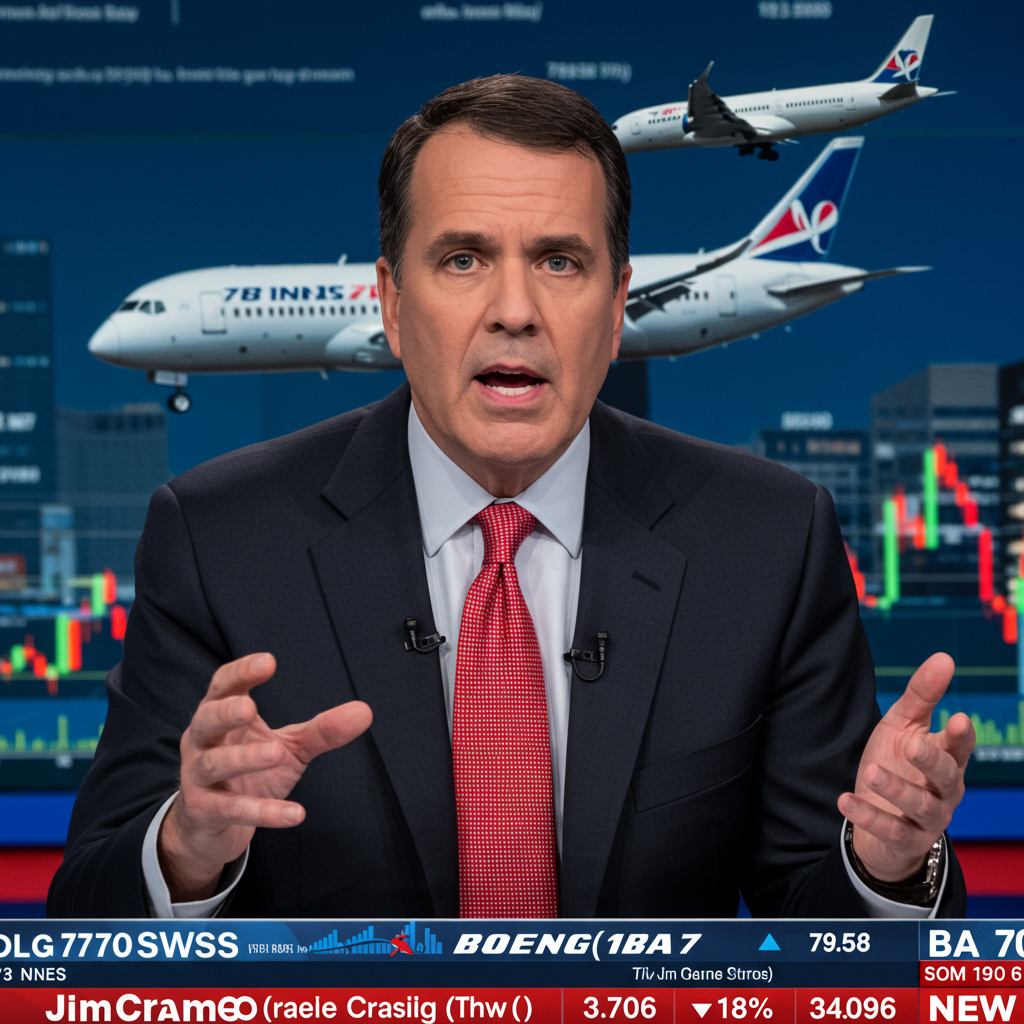The intense competition for top artificial intelligence talent is boiling over, with Meta and OpenAI executives publicly clashing over recruitment tactics and compensation figures. The latest flashpoint centers on OpenAI CEO Sam Altman’s claims about massive signing bonuses allegedly offered by Meta to lure away his researchers.
The Accusation: Sam Altman’s High-Stakes Claim
Speaking on the “Uncapped” podcast, Sam Altman stirred the pot by alleging that Meta had launched an aggressive campaign to poach his team. He claimed Meta was “making giant offers to a lot of people on our team,” specifically citing eye-watering “$100 million signing bonuses, more than that (in) compensation per year.” At the time of his remarks, Altman stated that “so far, none of our best people have decided to take them up on that.”
Meta Fires Back: CTO Andrew Bosworth’s Rebuttal
However, Meta’s Chief Technology Officer, Andrew “Boz” Bosworth, swiftly and strongly refuted Altman’s characterization during a company-wide all-hands meeting.
“Sam is just being dishonest here,” Bosworth stated, according to reports. He challenged Altman’s suggestion that these extraordinary offers were widespread across Meta’s recruitment efforts, saying, “He’s suggesting that we’re doing this for every single person… Look, you guys, the market’s hot. It’s not that hot.”
The Reality of Talent Movement
Contrary to Altman’s initial podcast assertion that no top talent had defected, a handful of OpenAI researchers have indeed joined Meta in the week following his claims. This group includes Lucas Beyer, Alexander Kolesnikov, and Xiaohua Zhai, all of whom confirmed their move. Significantly, Beyer took to social media to directly address the bonus figures, stating definitively that the trio “did not get 100M sign-on, that’s fake news.” Additionally, Trapit Bansal, a key contributor to OpenAI’s foundational o1 AI reasoning model, has also reportedly switched teams to join Meta.
Unpacking the “Dishonesty”: Context and Motivation
Bosworth elaborated on why he believes Altman’s statements were misleading, arguing that the claims lacked crucial context. While acknowledging that significant compensation packages are being offered, Bosworth clarified that these are limited to a “very, very small number of people who are for senior, senior leadership roles.” This appears to be particularly true for elite talent targeted for Meta’s newly formed AI lab focused on achieving “superintelligence.”
Furthermore, Bosworth revealed that OpenAI itself is actively countering these limited, high-stakes offers. He suggested this counter-offering behavior is creating an inflated market specifically for this small group of highly sought-after individuals at the very top of the field.
Bosworth didn’t shy away from speculating on Altman’s motives. “Sam is known to exaggerate,” Bosworth commented, adding, “and in this case, I know exactly why he’s doing it, which is because we are succeeding at getting talent from OpenAI.” He concluded that Altman was likely unhappy about Meta’s recruitment success.
The Broader AI Arms Race
This public spat underscores the fierce competition between tech giants like Meta and leading AI labs such as OpenAI in the global race to build advanced artificial intelligence. Meta, under CEO Mark Zuckerberg, has signaled its serious intent through significant investments, including billions poured into AI initiatives like the $14.3 billion investment in Scale AI and the creation of the superintelligence-focused lab.
While the battle for top researchers like those moving between OpenAI and Meta rages, Meta is also shaping its broader AI strategy. Unlike competitors focusing primarily on productivity, Meta reportedly aims to differentiate its AI by leveraging its strengths in entertainment, connection, and aspects of daily life within its vast ecosystem, even as it works to boost engagement depth compared to leaders like ChatGPT.
The ongoing talent war, characterized by public accusations and high-profile researcher movements, highlights just how critical securing elite expertise is in the quest for AI dominance. OpenAI has not yet publicly commented on Bosworth’s recent remarks.




